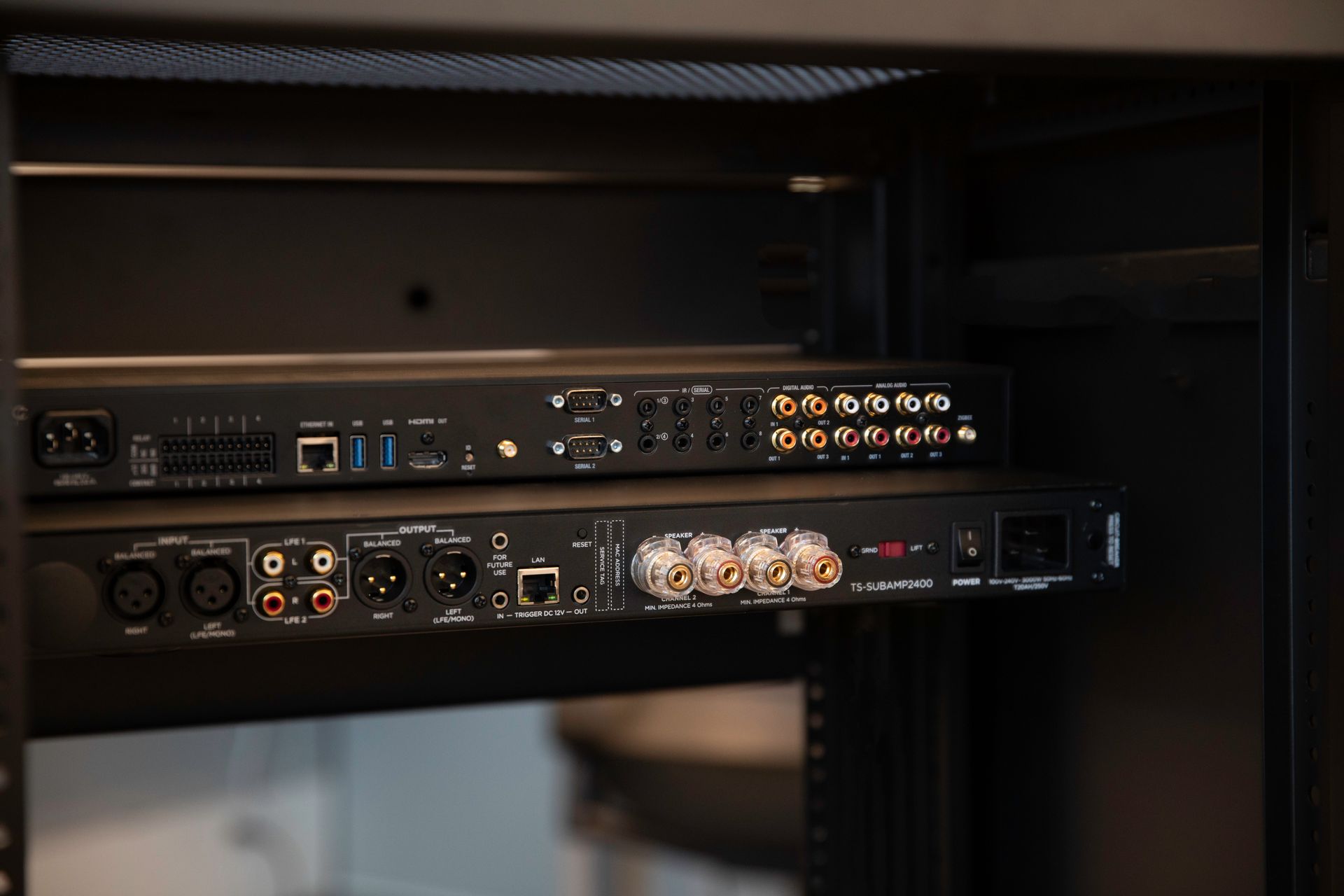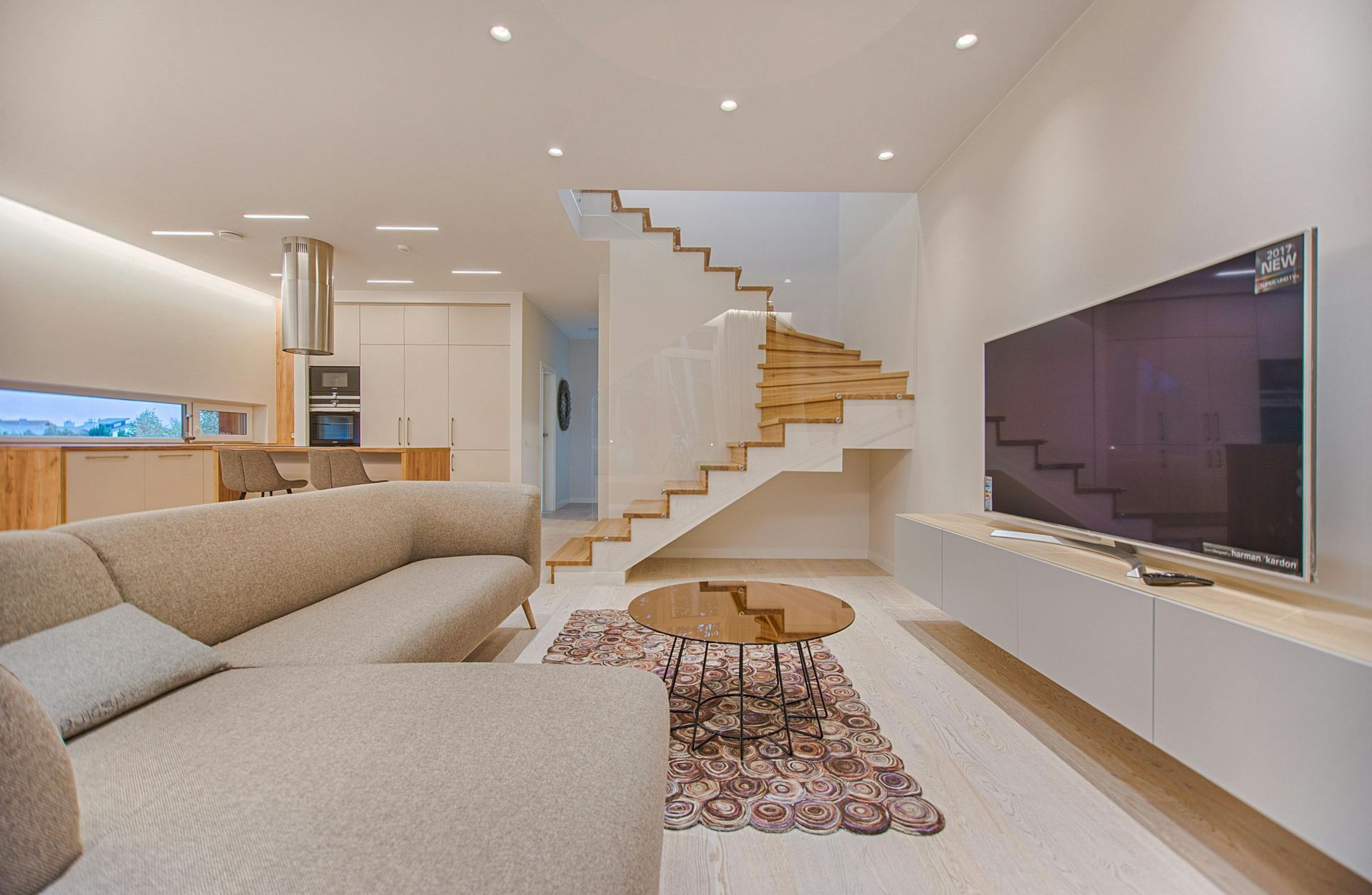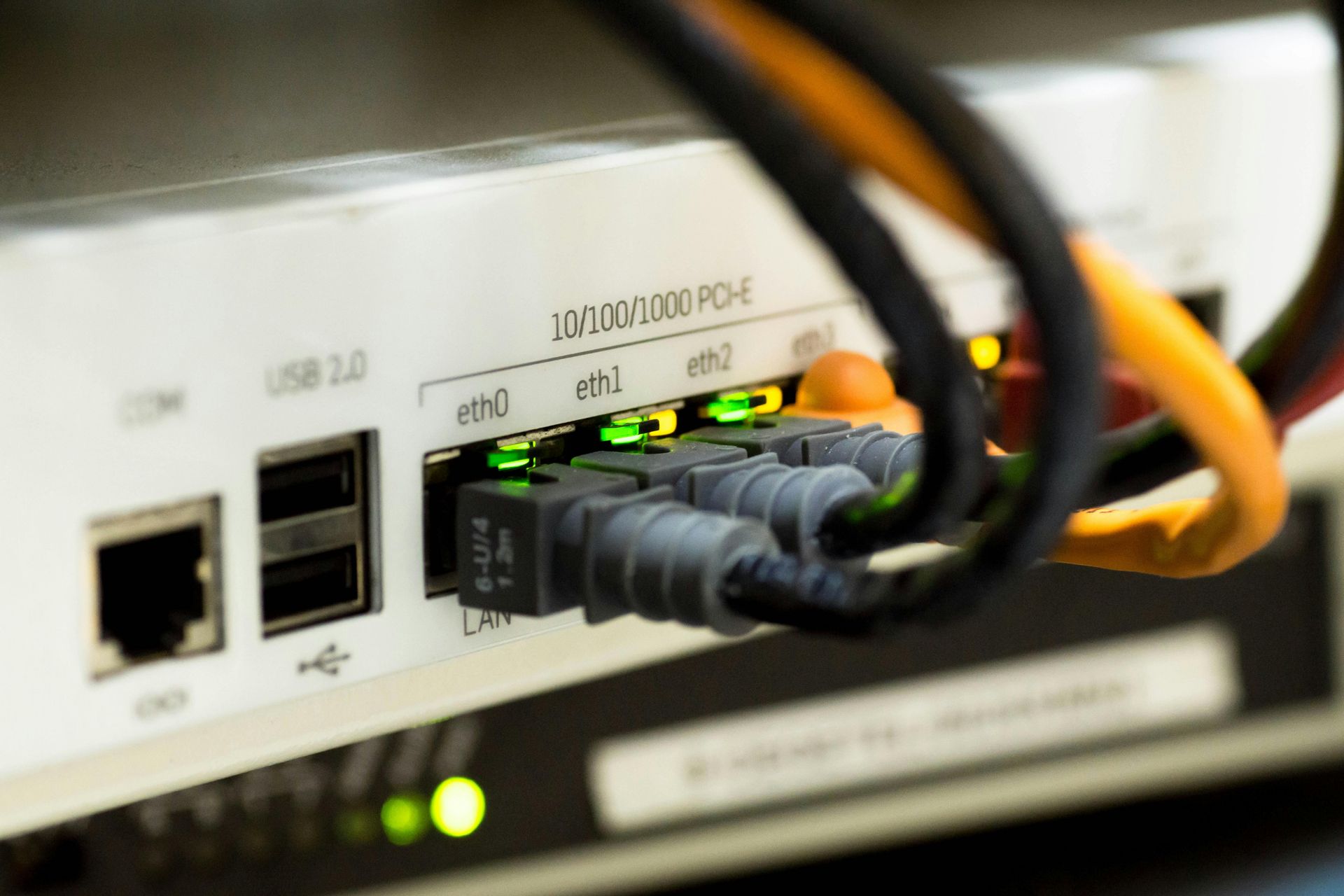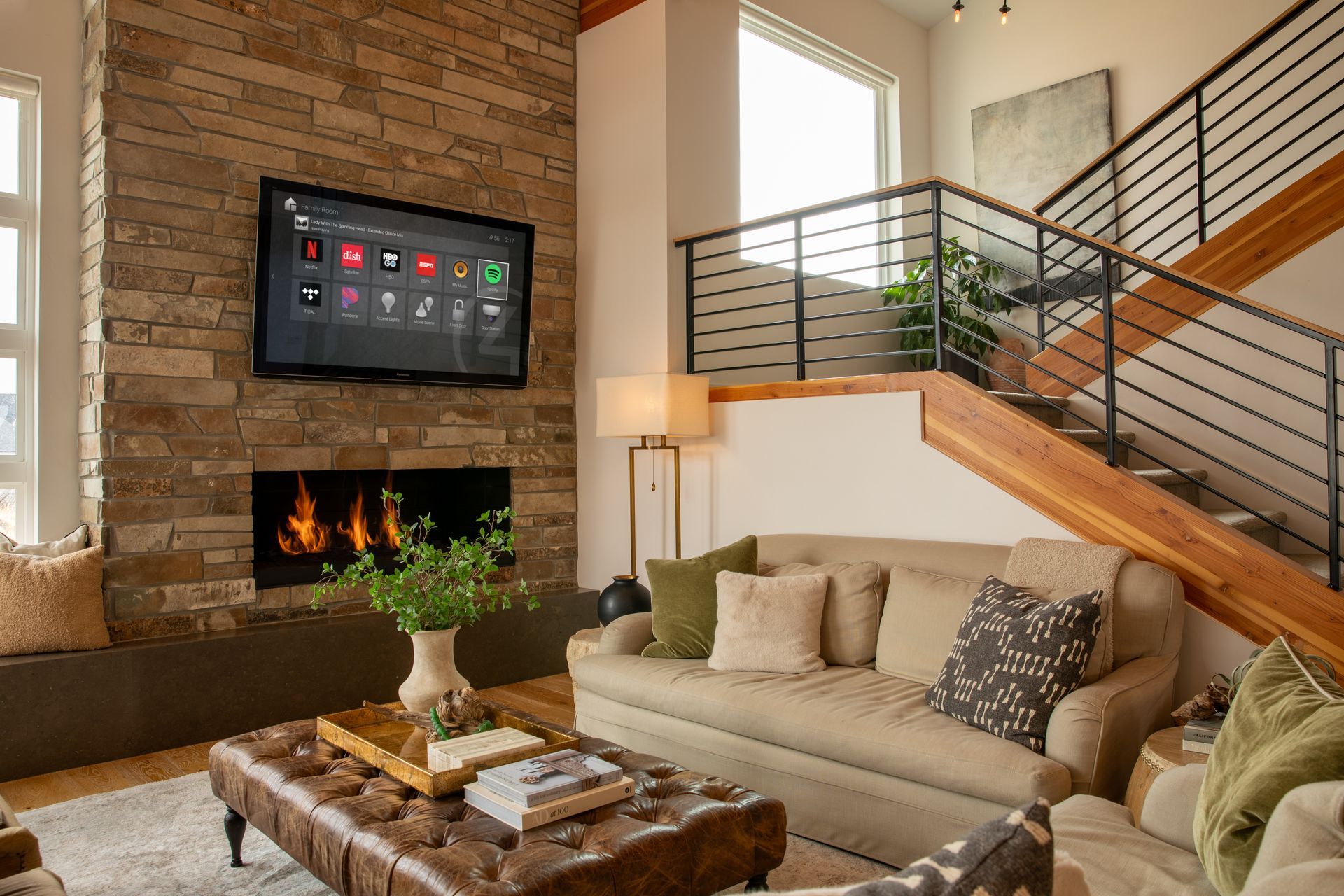Mesh WiFi vs. Wired Access Points: A Comprehensive Guide to Choosing the Best WiFi System for Your Home or Business
In today’s digitally connected world, a reliable and high-performance WiFi network is non-negotiable. Whether you’re streaming movies at home, running a bustling office, or managing a sprawling campus, WiFi is the invisible thread connecting us all. But with a myriad of WiFi solutions available, choosing the right one can be a daunting task. Two of the most popular options vying for your attention are mesh WiFi and wired access points (WAPs). Each system has its own unique strengths and weaknesses, and understanding their differences is crucial to making an informed decision that perfectly aligns with your specific needs and budget.
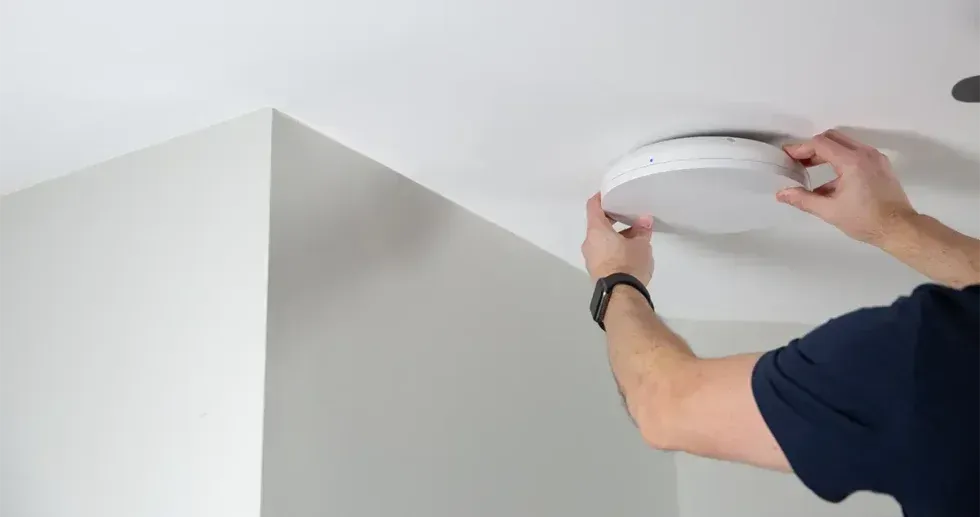
Mesh WiFi: The Allure of Seamless Connectivity
Mesh WiFi systems have taken the world by storm, promising to banish dead zones and blanket your entire home or small business in a seamless web of WiFi. Let’s take a closer look at the pros and cons of this popular option:
Pros of Mesh WiFi:
- Effortless Setup: Most mesh WiFi systems are designed with user-friendliness in mind. They typically involve plugging in a central router and strategically placing satellite nodes around your space. The setup process is often guided by a mobile app, making it easy for even non-technical users to get up and running quickly.
- Expanded Coverage: One of the key selling points of mesh WiFi is its ability to extend your WiFi coverage far beyond what a single router can achieve. The nodes work together to create a network of interconnected points, ensuring that every corner of your home or office is bathed in a strong WiFi signal.
- Self-Healing Network: Mesh WiFi systems are designed to be resilient. If one node goes down, the network can automatically reroute traffic through the remaining nodes, minimizing disruptions and ensuring that you stay connected.
- Convenient Management: Most mesh WiFi systems come with user-friendly mobile apps that allow you to easily manage your network settings, monitor device usage, and even set up parental controls.
Cons of Mesh WiFi:
- Speed Limitations: While mesh WiFi excels at extending coverage, it can come at the cost of speed. Since the nodes communicate wirelessly with each other, there can be some speed degradation compared to a wired connection. This might not be noticeable for everyday browsing, but it can become an issue for demanding applications like 4K streaming or online gaming.
- Cost Factor: Mesh WiFi systems are generally more expensive than traditional routers or individual WAPs. The price can quickly escalate as you add more nodes to cover a larger area.
- Limited Customization: Mesh WiFi systems prioritize simplicity, but this often comes at the expense of advanced features and customization options. If you need granular control over your network settings or require specialized features like VLANs or captive portals, you might find mesh WiFi systems to be lacking.

Wired Access Points (WAPs): The Powerhouses of Performance and Reliability
Wired access points, as the name suggests, are connected to your network via Ethernet cables. While they require a bit more effort to set up, they offer a number of compelling advantages, especially for larger homes, businesses, and environments with high-density usage.
Pros of Wired Access Points:
- Unmatched Speed and Performance: Wired connections are the gold standard when it comes to WiFi performance. WAPs deliver the fastest and most consistent speeds possible, making them ideal for applications that demand high bandwidth and low latency.
- Scalability: WAP systems are incredibly scalable. You can easily add more access points as your needs grow, ensuring that your network can keep up with increasing demand.
- Advanced Features: Enterprise-grade WAPs often come packed with advanced features that can significantly enhance your WiFi experience. These features may include:
- Beamforming: Directing the WiFi signal towards your devices for improved reception.
- Band Steering: Automatically switching your devices to the optimal frequency band for better performance.
- MU-MIMO: Serving multiple devices simultaneously for smoother multitasking.
- Advanced Security: Robust security features to protect your network from threats.
- Centralized Management: WAP systems typically offer centralized management platforms that allow you to easily monitor and configure your entire network from a single interface.
Cons of Wired Access Points:
- Professional Installation: Installing a WAP system often requires running Ethernet cables throughout your home or business, which can be a complex and time-consuming task. In many cases, it’s best to enlist the help of a professional installer to ensure proper setup and optimal performance.
- Less Flexibility: Once your WAPs are installed, moving them around can be inconvenient as it involves re-routing cables.

Choosing the Right System for Your Needs
The best WiFi system for you ultimately depends on a variety of factors, including your budget, technical expertise, coverage area, and performance requirements.
If you prioritize ease of setup, seamless coverage, and a user-friendly experience, a mesh WiFi system might be the perfect fit for you. However, if you need blazing-fast speeds, maximum reliability, advanced features, and scalability, a wired access point system is the way to go.
Partnering with the Experts at Rivas TechGroup
At Rivas TechGroup, we understand that choosing the right WiFi system can be overwhelming. That’s why we offer expert guidance and a comprehensive range of WiFi solutions tailored to your specific needs. We partner with leading vendors like Ruckus, whose BeamFlex+ technology dynamically adapts to your environment to optimize signal paths and deliver exceptional WiFi performance.
We’re also proud to partner with Alta Labs, offering their innovative Multi-Pass technology to further enhance your WiFi experience. Multi-Pass intelligently manages network traffic and optimizes channel selection to ensure that your devices always have the fastest and most reliable connection possible.
Contact us today for a free consultation to explore how we can help you design and implement a WiFi system that will elevate your connectivity experience to new heights.
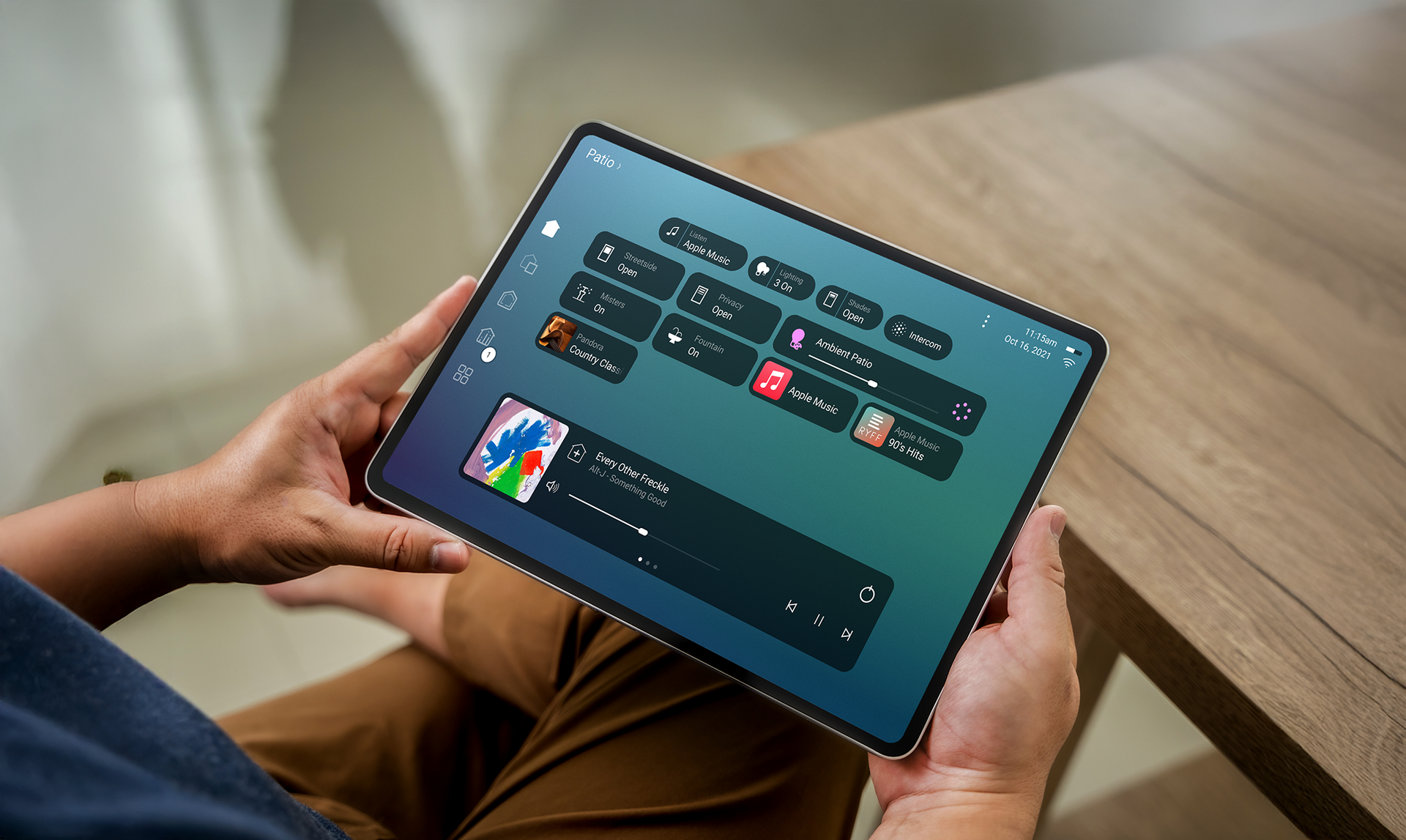
DIY Smart Home vs Professional Installation in Gig Harbor: What You Actually Get (and What It Costs)
